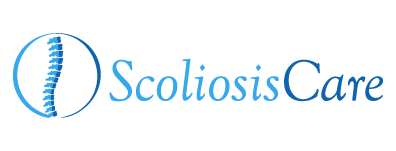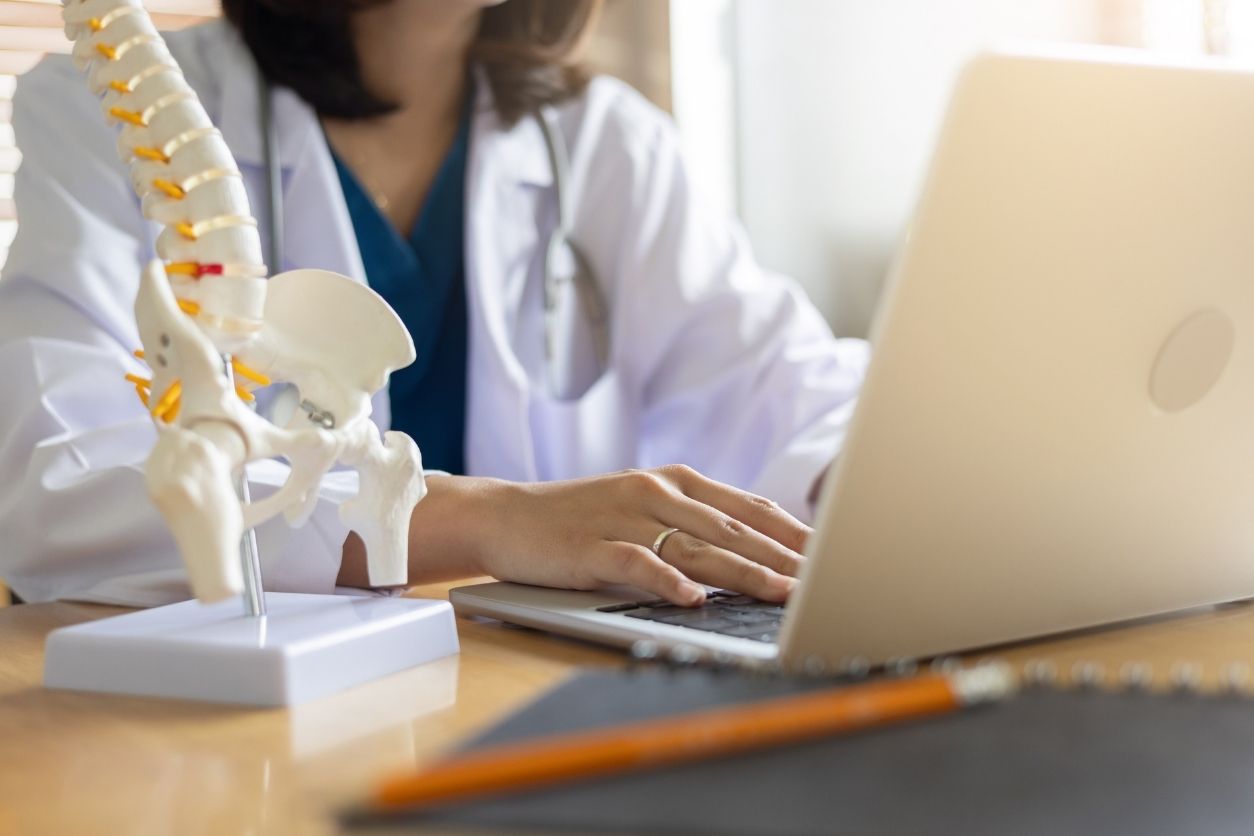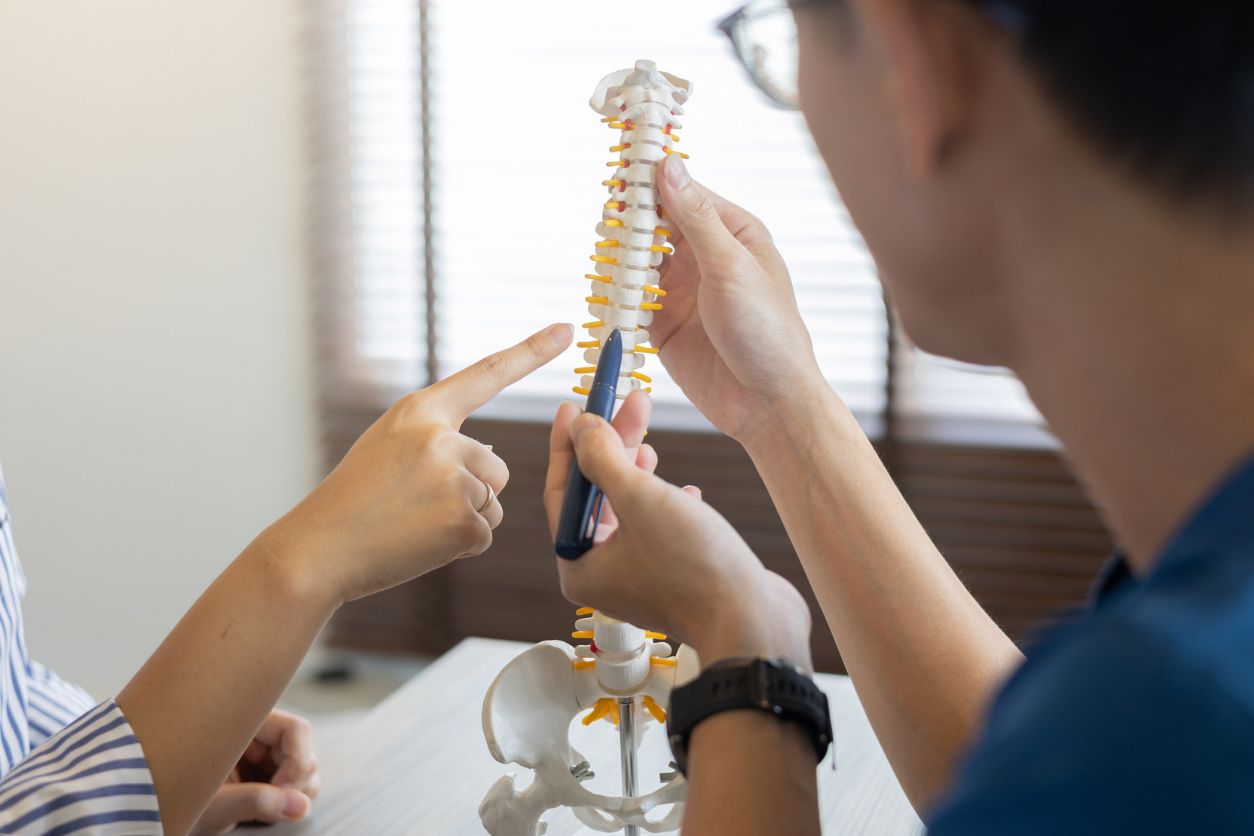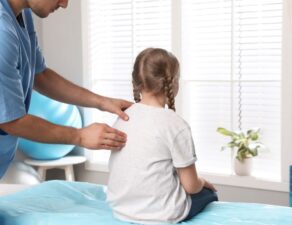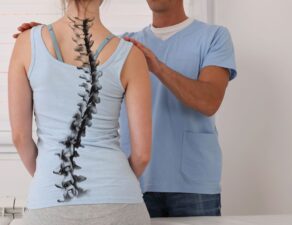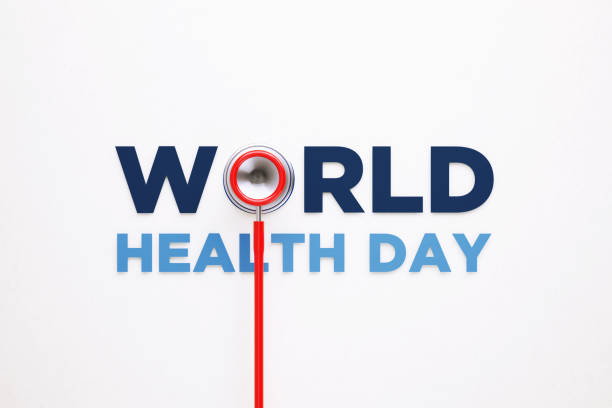
World Health Day is celebrated on Apr. 7 to recognize the founding of the World Health Organization (WHO) by the United Nations and to draw attention to a specific health topic of concern to people all over the world. Dr. David Siambanes, founder of Scoliosis Care, is celebrating World Health Day by encouraging best health practices for those with scoliosis and informing those who are undiagnosed of the uncommon symptoms of scoliosis to help those experiencing these symptoms understand that scoliosis may be the source of their pain.
It is a common misconception that scoliosis only involves pain in your back, but there are several symptoms someone can experience. Dr. Siambanes is shedding light on these other symptoms so that people may understand the signs that they may be suffering from scoliosis.
• Constant pain in your neck or back. Be sure to tell your doctor if you’re experiencing chronic pain that is not going away. There can be underlying conditions, including scoliosis, and your physician will refer the patient to a specialist.
• Numbness in hands, arms, legs or feet. This can be because of possible nerve damage. The nerves that connect these limbs to your brain run through the spine, making it critical to contact your doctor if you’re experiencing these symptoms.
• Change of movement in hands. If you begin struggling to move your fingers, complete tasks involving motor skills or experience difficulty picking objects up, this may be an indicator of a spinal problem. These symptoms should make getting checked by a doctor is a priority.
• Alignment of Spine. If your spine or bodily symmetry is uneven, such as uneven shoulders or hips, this may be a sign of scoliosis. Contact a physician, as this is a common sign of scoliosis.
• Bladder malfunctions. Pain in the stomach area or difficulties going to the bathroom is occasionally a sign of a spinal deformity. It’s best to relay these symptoms to your primary care physician to see whether or not this could be due to gastrointestinal issues, or possibly scoliosis.
While these are common signs and symptoms, it is always best to consult your primary care physician to rule out other possible diagnoses. If you have experienced these or are concerned you might have scoliosis, reach out to Scoliosis Care today.
